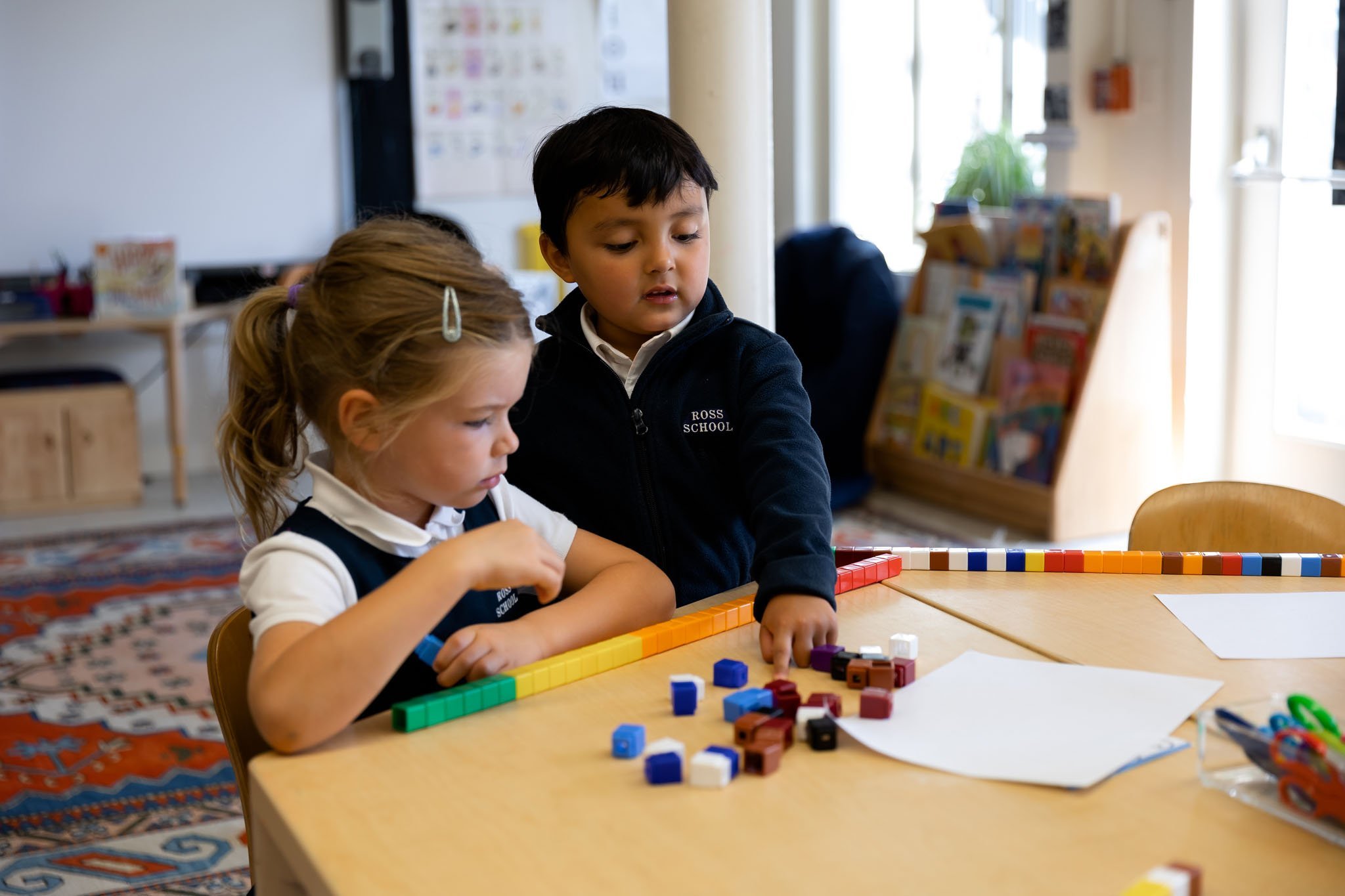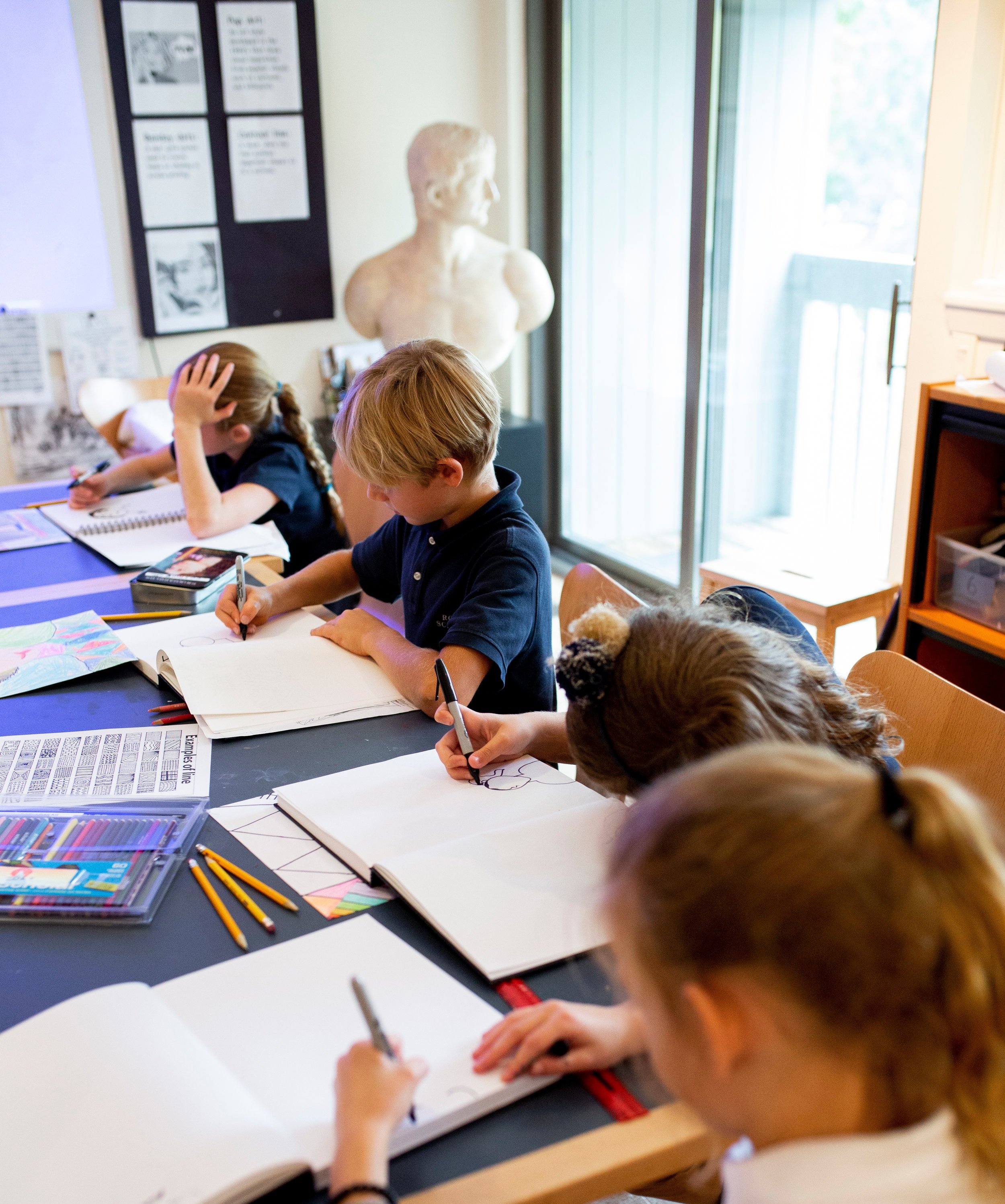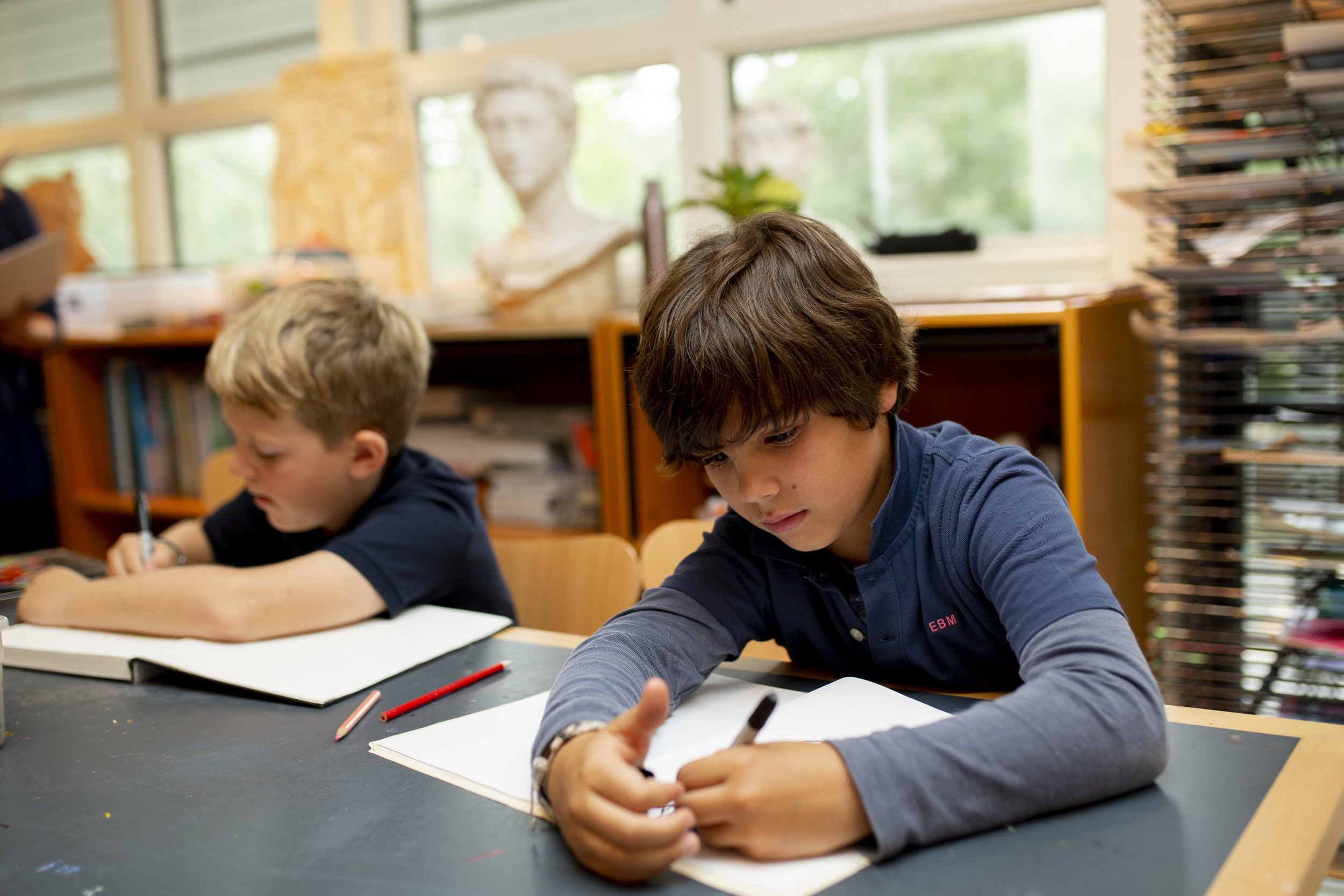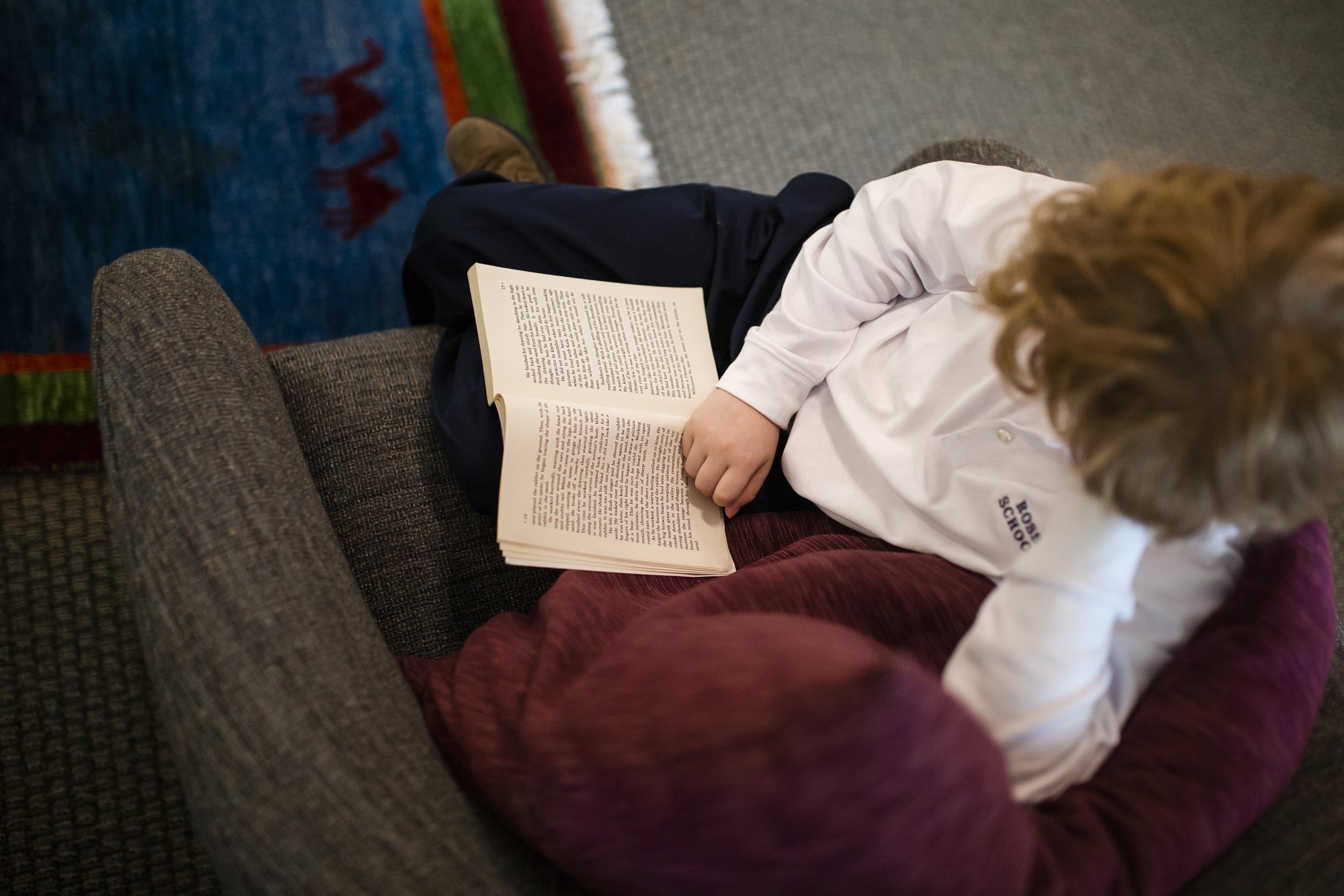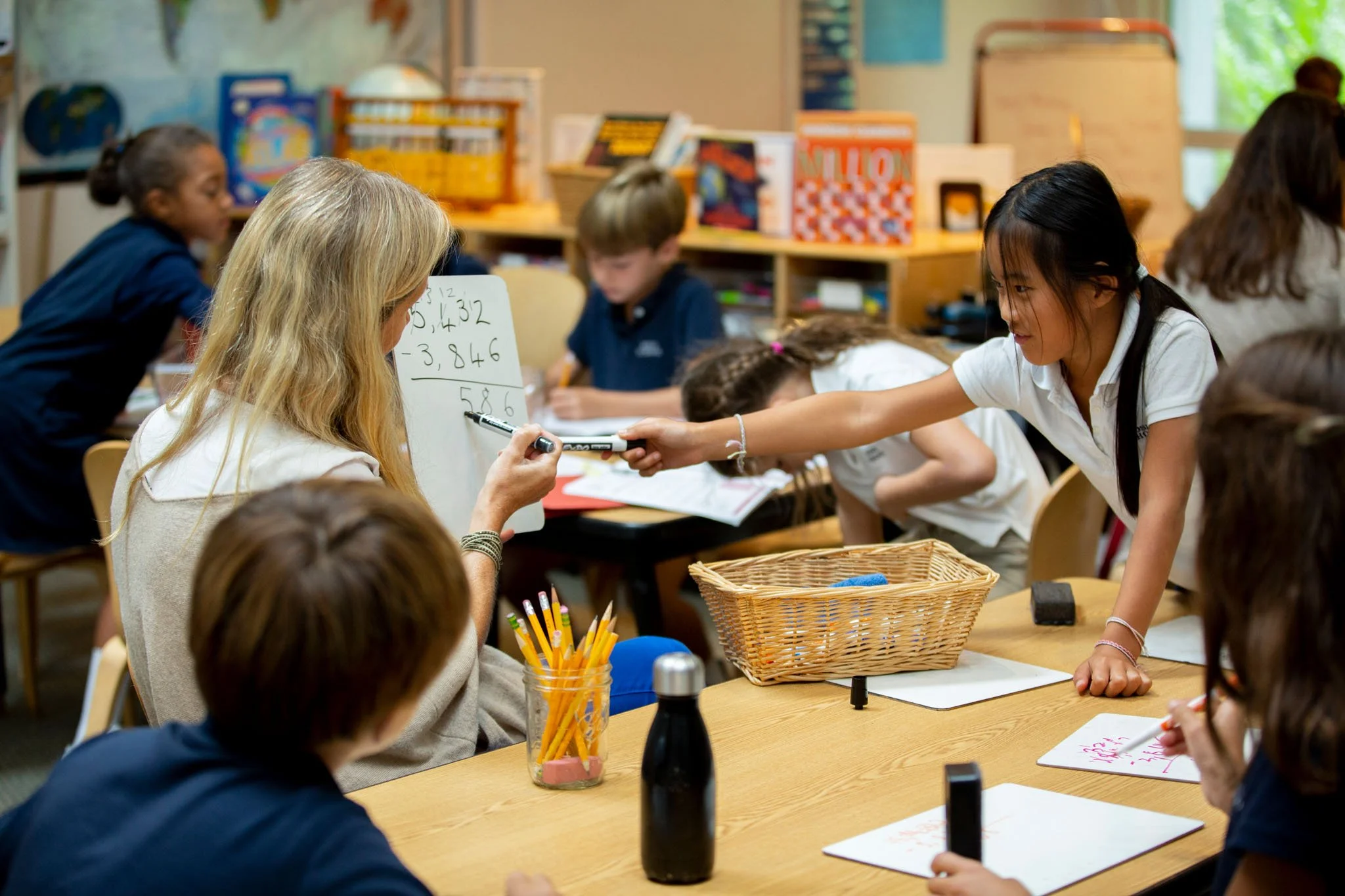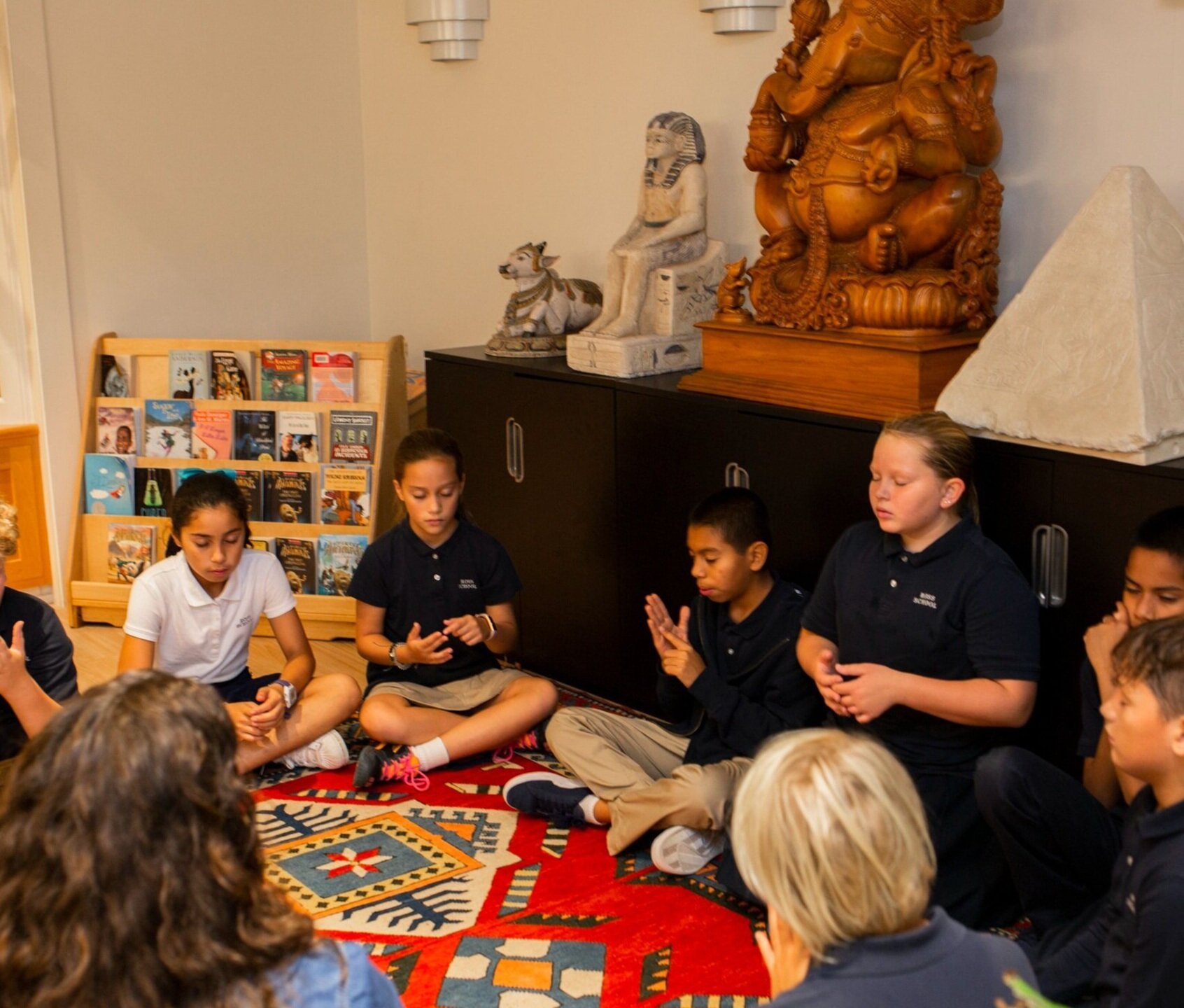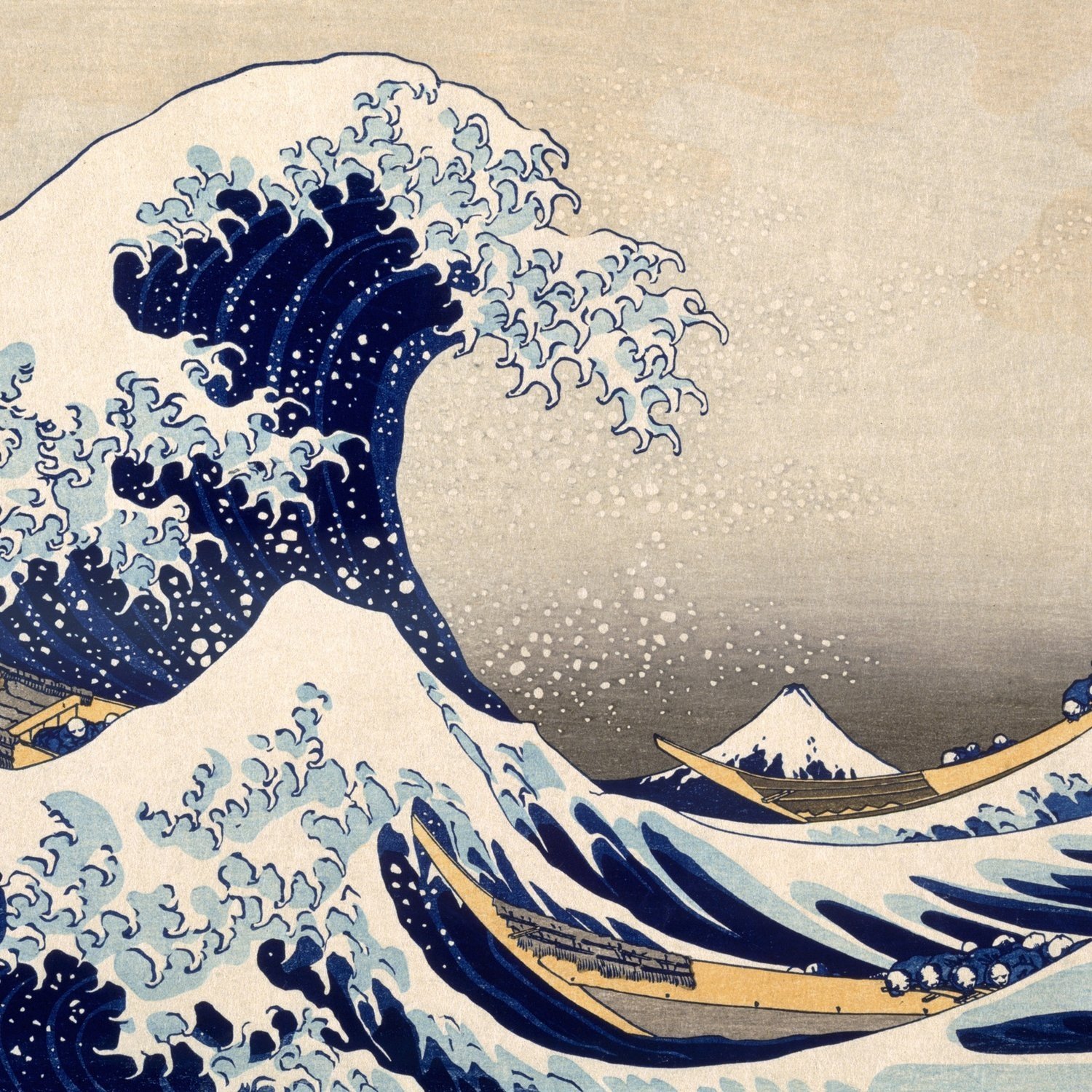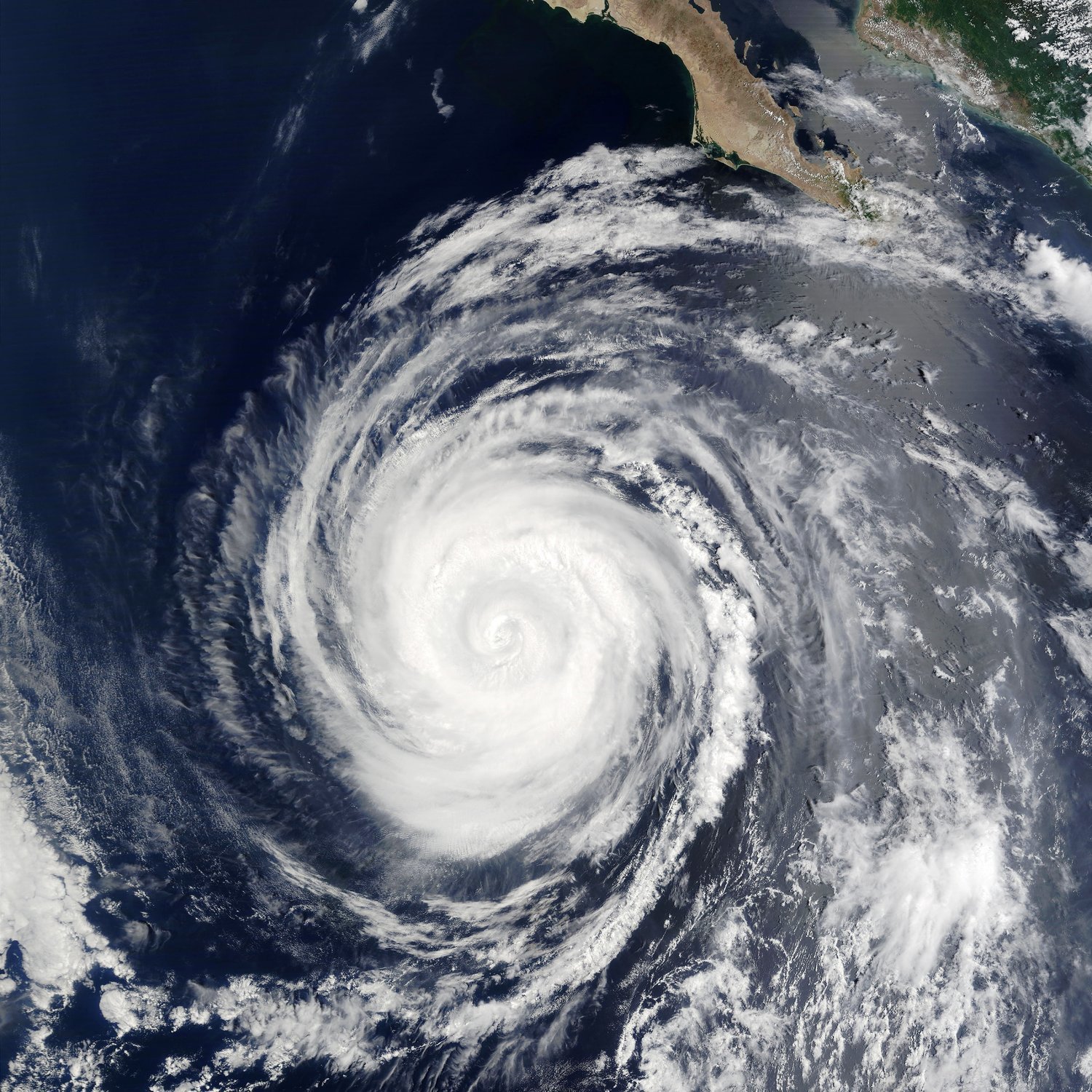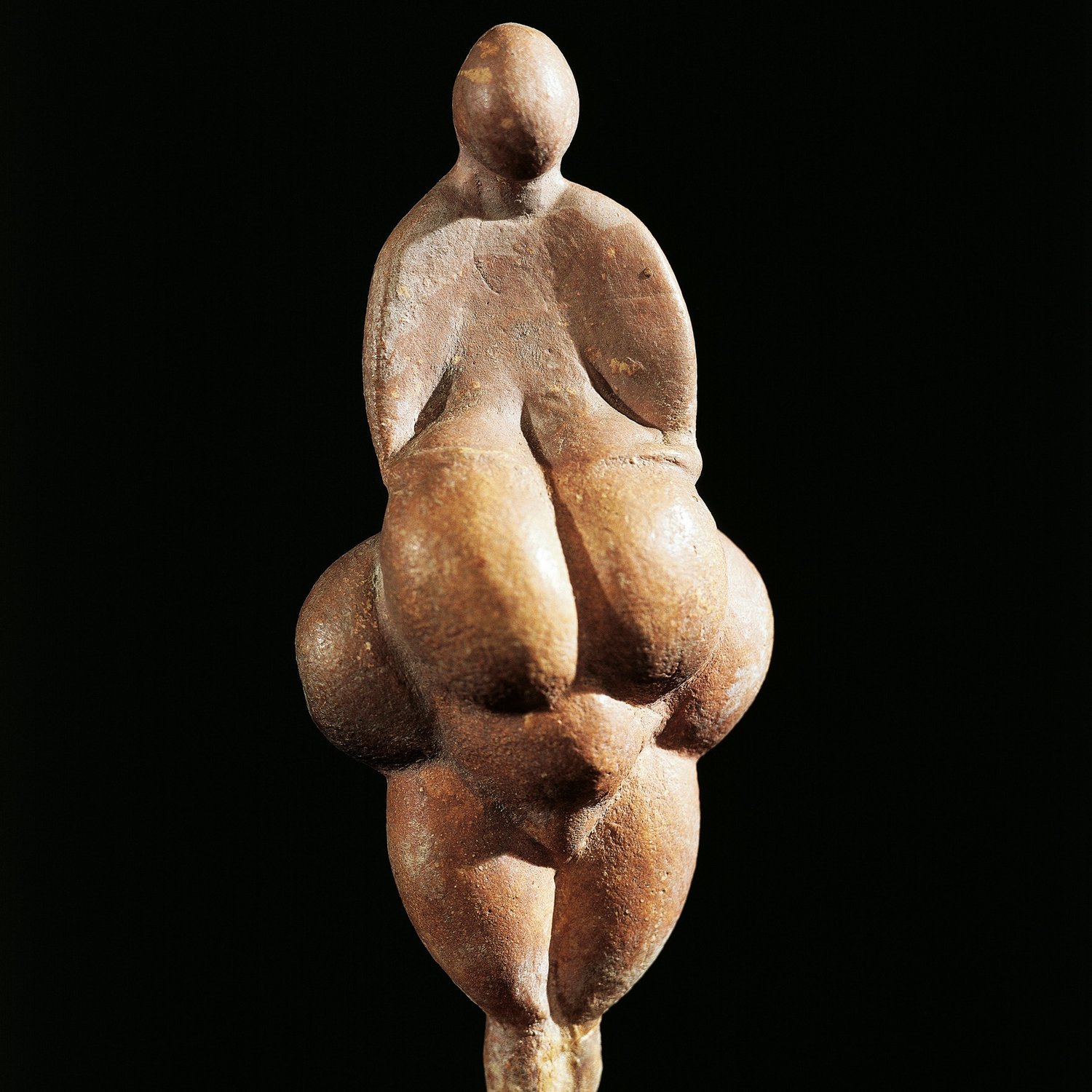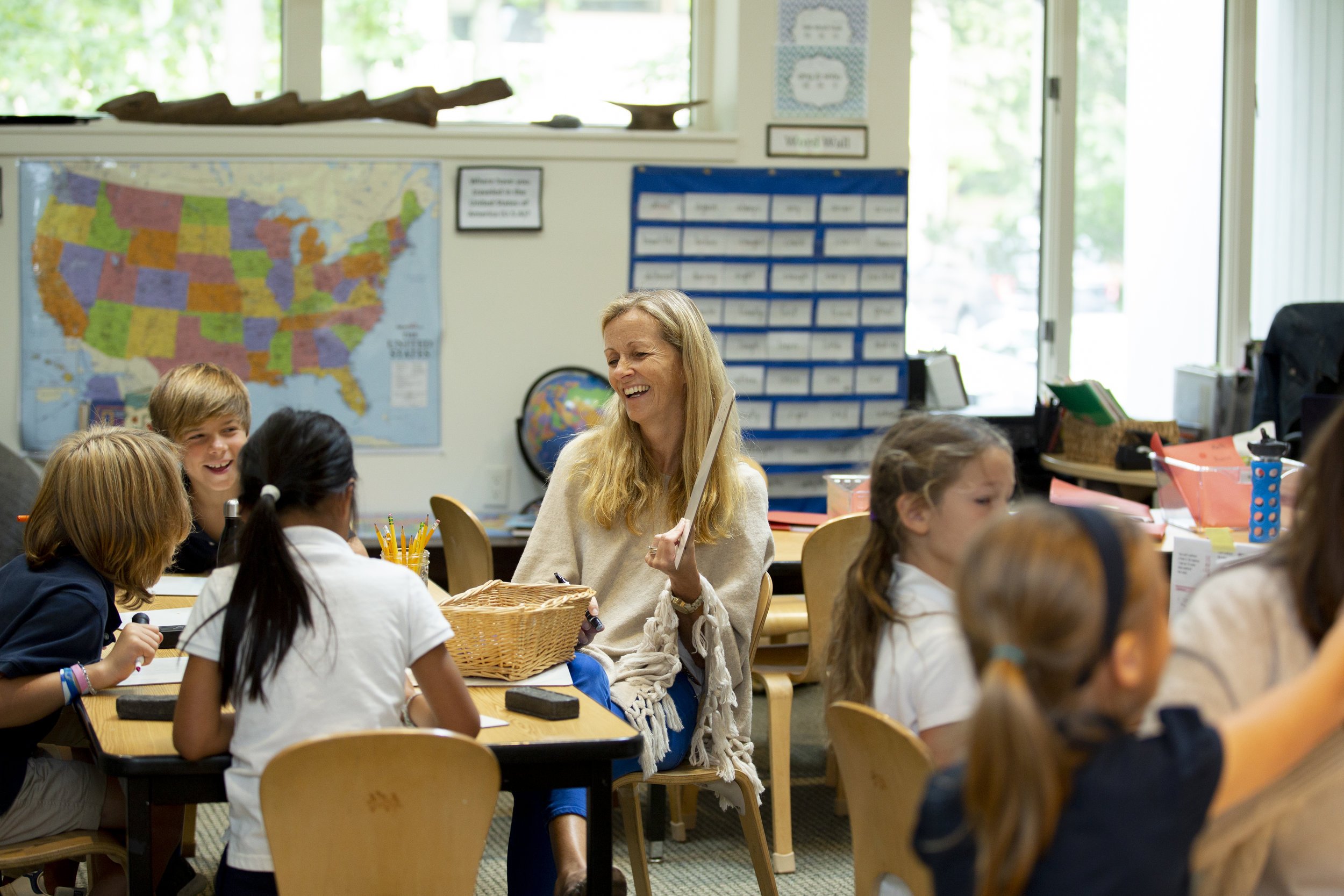
LOWER SCHOOL
Elementary Program
At the heart of Ross Lower School’s educational philosophy is the firm belief that all students can become successful learners.
KINDERGARTEN–GRADE 5
We recognize that each child is splendidly unique and believe school ought to be flexible and adaptive, rather than standardized or one-size-fits-all, in order to meet the needs of all our children.
To this end, Ross School fully embraces Howard Gardner’s theory of multiple intelligences, which holds that intelligence can be measured in a variety of ways. Some kids delight in logical and mathematical discussions; others are visual learners; still others thrive by listening to music and dancing. The Ross curriculum offers learning experiences that accommodate all different types of learners, which means our students feel a great sense of inclusion and value.



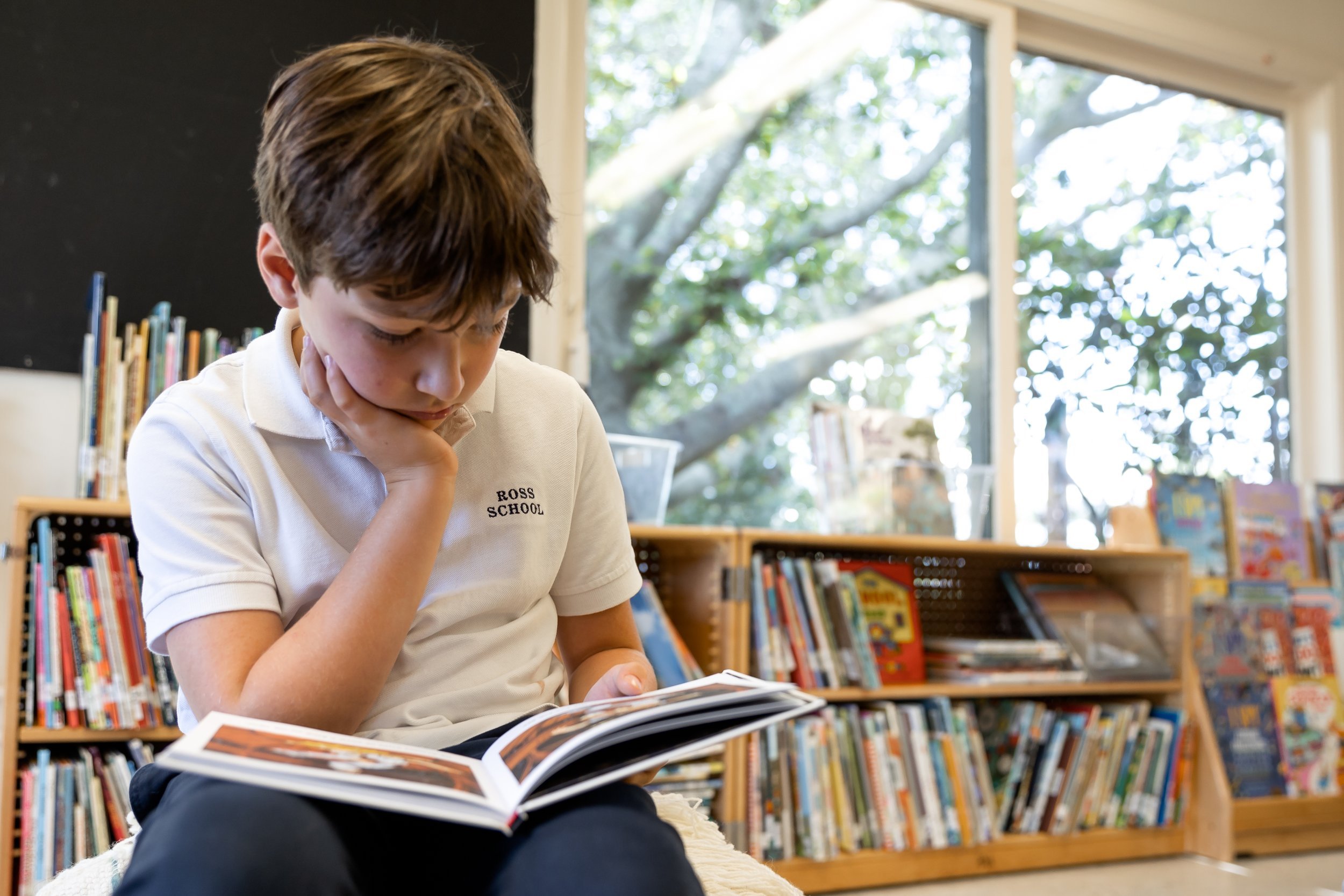
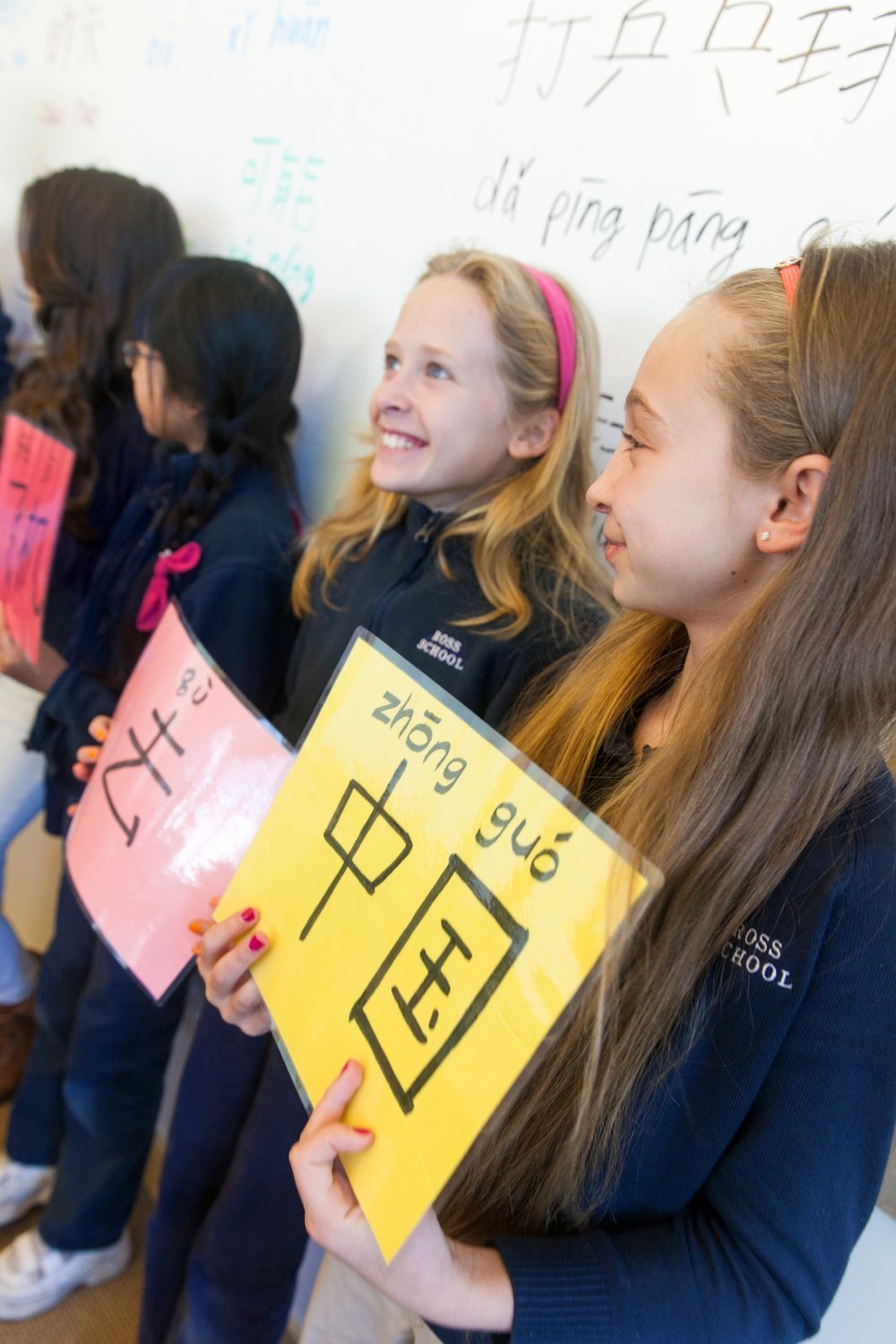
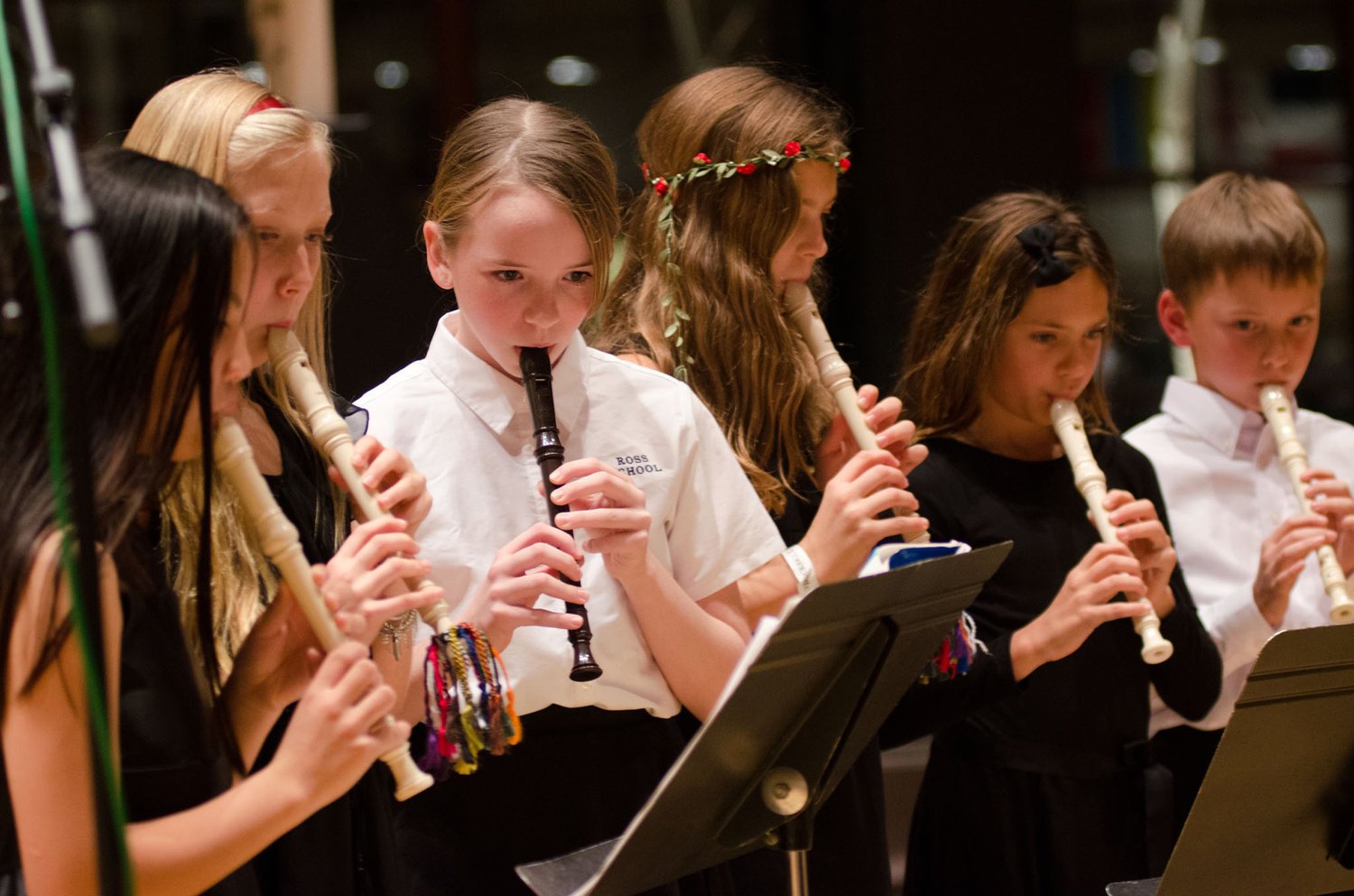

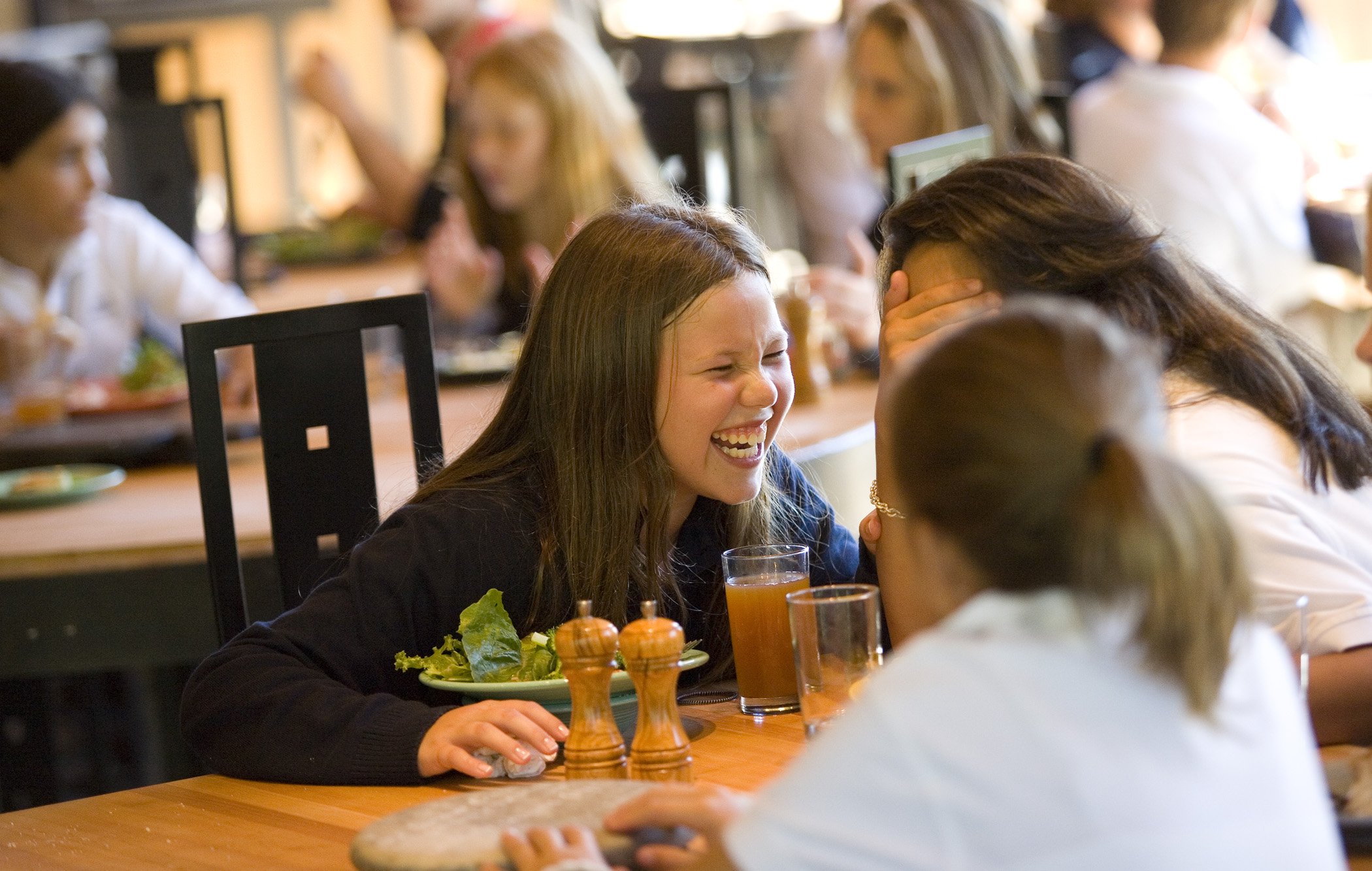
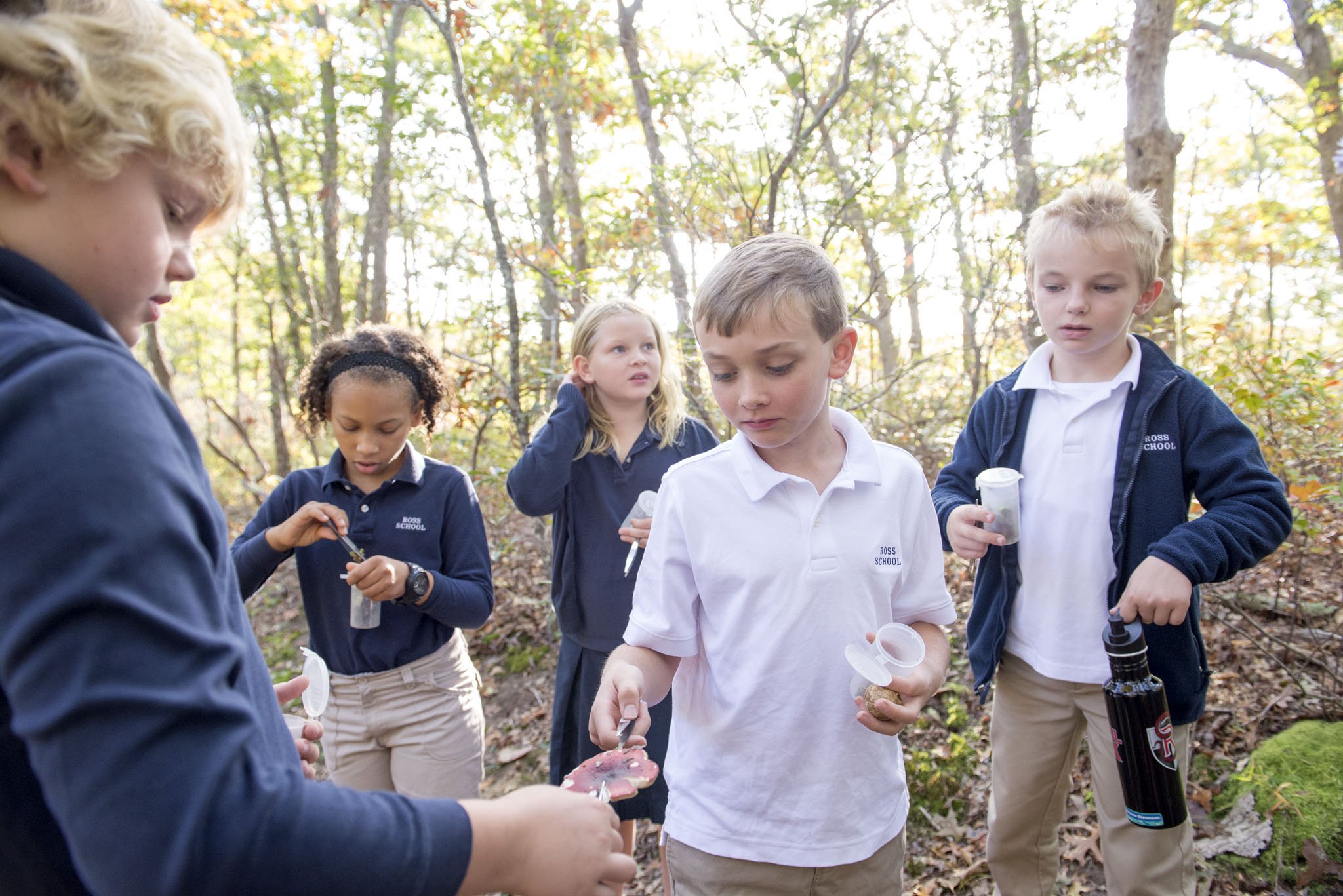
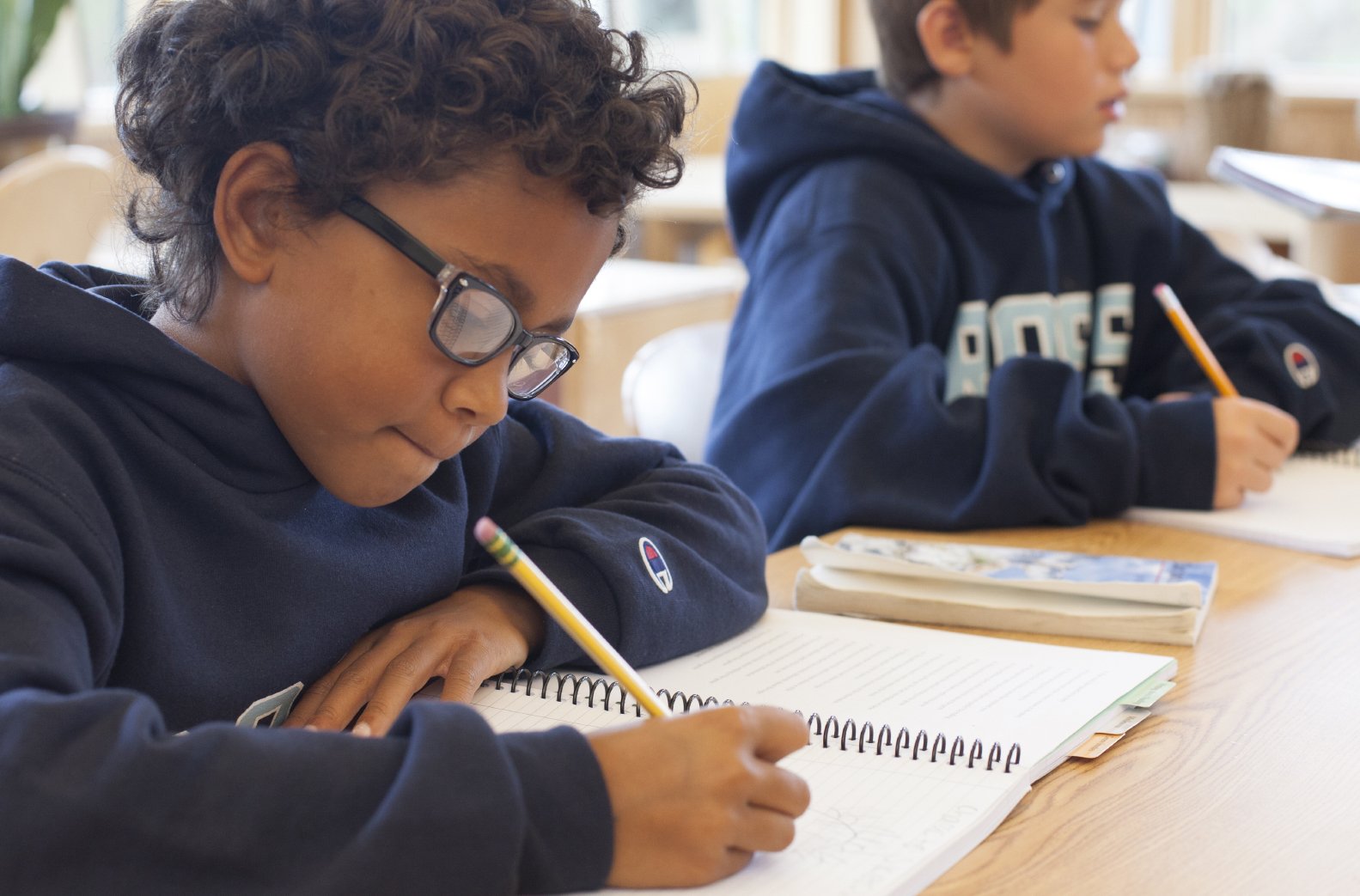
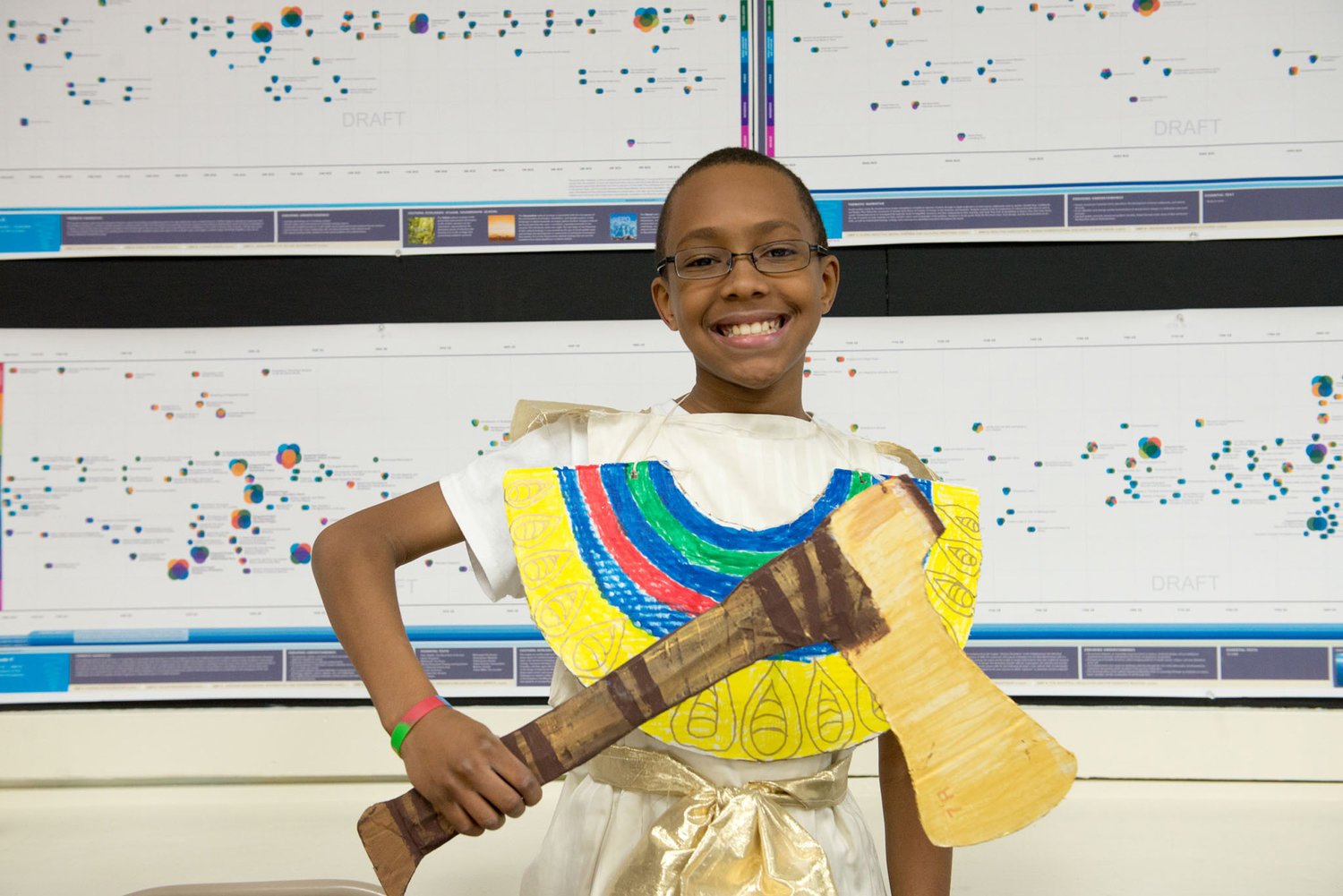
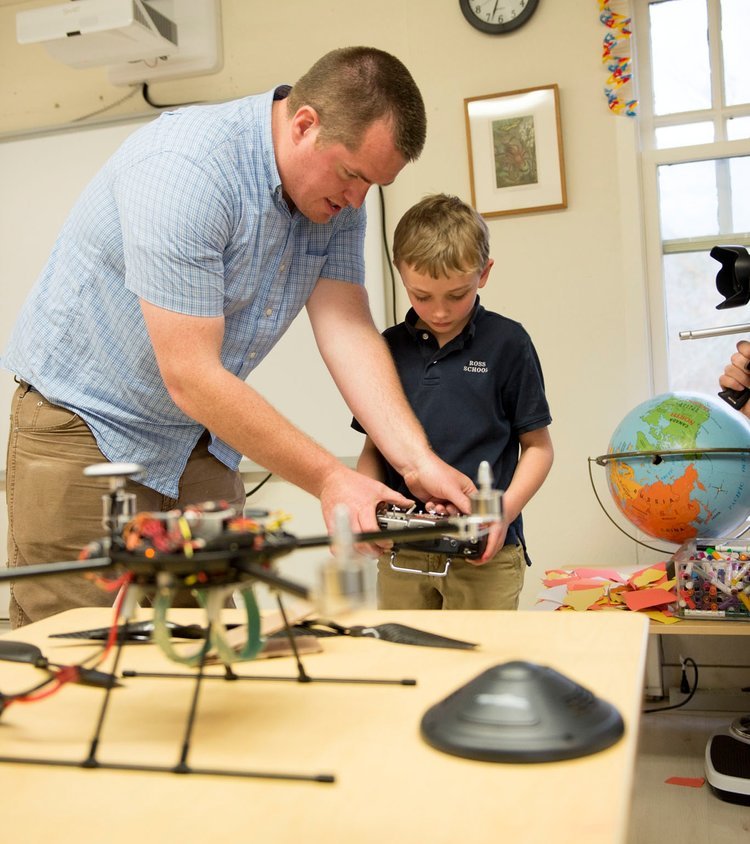
AN ELEMENTARY PROGRAM DAY AT ROSS SCHOOL
ELEMENTARY ACADEMICS
Ross’s elementary program focuses on building a solid base of knowledge and skills that will serve students well throughout their educational experience. At the beginning of Ross School’s unique cultural history–based Spiral Curriculum, students study origin and creation myths from around the world; patterns and cycles; and natural, human, and social systems. These studies form the foundation for each subsequent grade level. Themes for elementary grades include The Evolution of Life on Earth, Social Systems, and Early Settlements.
In the context of this rich historical narrative, students explore a rigorous program in science, mathematics, world languages and literature, and the arts. They acquire domain-specific skills and content knowledge and learn to understand and solve problems from multiple perspectives using a variety of strategies.
Reading and Writing
Reading and writing workshops begin with the youngest students and provide the structure, tools, and support necessary for children to successfully read and comprehend literature and information, form ideas and hypotheses, find their inner voice, and effectively express their views through the written and spoken word.
Balanced Mathematics
Our balanced mathematics approach encompasses conceptual problem solving, reasoning and proof, communication, math vocabulary, number study, and integrated projects, and incorporates best practices from exemplary programs, such as use of the Japanese soroban, a style of abacus used for mathematical operations. Beginning in kindergarten, students work through learning experiences that develop their conceptual understanding and activities that facilitate mastery of fundamental skills.
Contemplative Practices
Each day at Ross Lower School includes time set aside for contemplative practices. Mindfulness is not only one of our Core Values but also a key component of Ross’s holistic wellness curriculum. Even our youngest students learn intentional breathing exercises, meditation, and other techniques that nurture both mind and body, fostering a healthful mindset they can benefit from their whole lives.
Specials Program
In addition to the core curriculum, Lower School students take part in a Specials Program that connects students with expert teachers in specialized areas. Specials classes in performing arts, science, visual arts, music, library, Mandarin, wellness, life skills, and media studies and technology both augment and integrate with the curriculum students follow in their regular classes, enriching and deepening student learning.
Buddy Program
A Buddy Program pairs older students with younger students for activities such as reading aloud to one another, classroom visits, integrated projects, and service-learning initiatives. This program helps our youngest students form lasting relationships with older mentors and gives them a preview of what to expect in the grades ahead. It also provides leadership practice for older students, offering them opportunities to serve as positive role models for younger children.
CURRICULAR THEMES BY GRADE
Kindergarten
Creation, Elemental Forces, and Symbols
Prehistory
Grade 1
Patterns and Cycles
Prehistory
Grade 2
Systems
Prehistory
Grade 3
Evolution of Life on Earth
25,000,000–10,000 BCE
Grade 4
Social Systems, Early Settlements, and Agriculture
10,000–3500 BCE
Grade 5
The Rise of Riverine Civilizations
3500–1450 BCE


